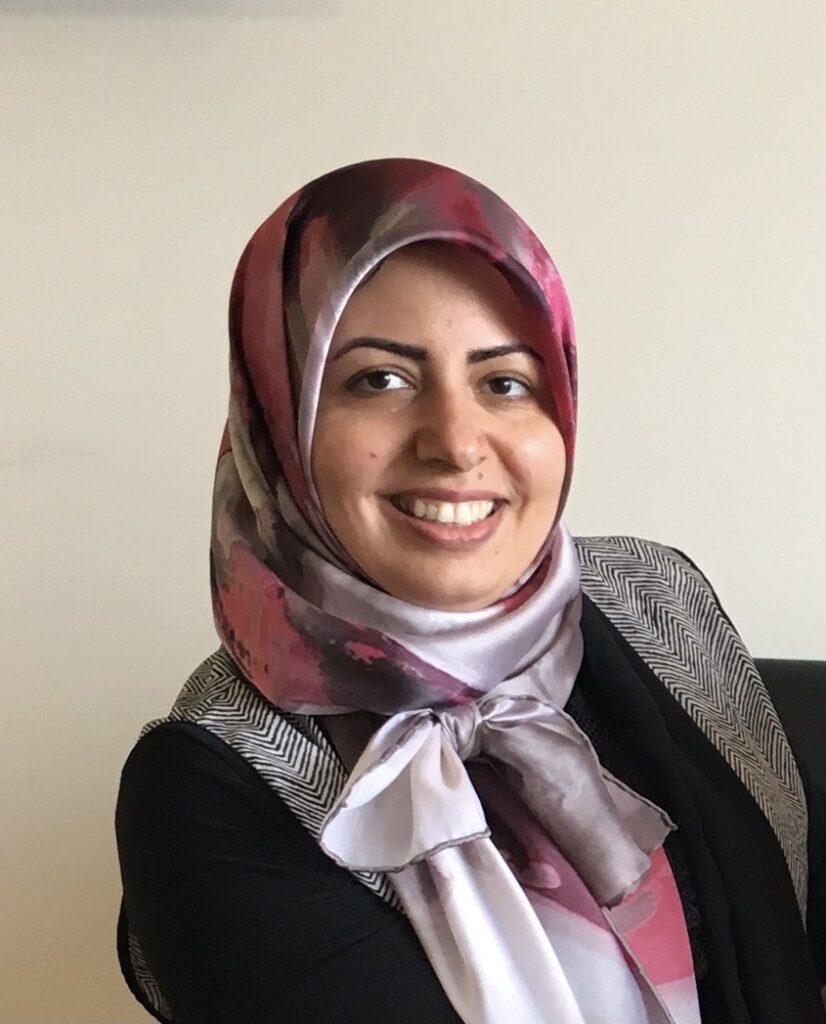
The holidays can feel overwhelming when raising an autistic child, but the key to reclaiming the magic lies in adapting traditions to fit your family’s unique needs. By letting go of picture-perfect expectations and embracing what truly brings joy to your child, you can create a season that’s meaningful, stress-free, and entirely your own.
Guest post by Farnoush Davoudi, mother of an Autistic girl.

Does your child’s autism make the holidays feel overwhelming, leaving you wondering if the magic is gone for your family? Do all the visuals, sensory toys, and your child’s iPad stop being helpful around this time of year? After all the meltdowns, embarrassing moments, judgmental comments, and missed family gatherings or Christmas events… are you starting to feel like you’re turning into the Grinch?
If you think your holiday experiences could inspire a Christmas horror movie, try to imagine that your child’s experience might be even worse—bad enough to be called “the most anxious time of the year”! It’s no wonder our kids give us a hard time when they’re going through so much. But does it mean we should skip everything and settle for a few quiet days at home? I believe the holidays are worth putting in a little extra effort before giving up. In my earlier years, though, I put that effort into all the wrong things and ended up running headfirst into holiday misery instead of holiday magic!
The first major roadblock I hit was trying to carry on the carefully crafted traditions I grew up with. My family celebrates both Nowruz (Persian New Year) and Western holidays. Our Nowruz celebrations require everyone to be perfectly dressed, seated properly at the Haft-sin table, and following specific rituals as the new year begins. And how did that go with a 2-year-old on the spectrum? Well, you can imagine…
The next year, I tried again—and failed even harder. By the third year, my then 4-year-old flat-out refused to get dressed or join us at the Haft-sin table. I was too exhausted to risk a meltdown, so I left her in her PJs, covered in cookie crumbs, playing with her toys on the floor, and joined my husband at the table, feeling ashamed of my “disrespect” to tradition. However, that year turned out to be our smoothest transition into the new year yet, and we followed more of the rituals than in the previous two attempts!
It was time to accept that parenting an autistic child doesn’t align with the picture-perfect traditions I had envisioned. To truly enjoy the holidays, I needed to adapt. I had to let go of what didn’t work for my family and embrace what did. I started asking myself: Could we trade a loud, crowded family dinner for a cozy meal at home and a shorter visit with the grandparents? Could I make my child’s favorite dish instead of the traditional holiday dinner—and avoid getting upset when she refuses to eat? And wow, what a big difference small changes can make!
Adjusting to what worked for my family helped us avoid many New Year dramas. But I’ll admit, my heart still broke over my child missing out on the experiences that made holidays so magical for me as a kid—until a long-awaited children’s movie hit theatres ten years ago.
Back then, the theatre was so overwhelming for my daughter that we avoided it entirely. To console myself by buying her some merchandise from the movie, I stopped to check which items she needed or liked. Then it hit me—she didn’t need to watch the movie or care about going to the theatre in the first place. It was all about my expectations! I was upset about missing something everyone else was doing.
Since that day, whenever I feel the urge to do any activity with her, I stop and ask myself: Does she need this? Is she even interested in it? When the answer to both questions is No, I cross it off my list and save myself from the heartbreak! It’s been a decade since I stopped crying over not participating in popular Christmas activities.
You too need to create your own version of holiday magic, my friend! See the season through your child’s eyes and adapt to what works for your family, even if it’s different from the holidays of your youth or anyone else’s!
Happy Holidays!